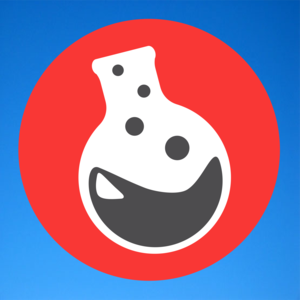Select from the dropdown lists to complete the text.
Iron can be extracted from iron oxide using a process called ( oxidation, electrolysis, reduction ). This involves heating the ore with ( carbon, oxygen, copper ) monoxide to remove the oxygen from the compound. This process is also called a ( displacement, hydrolysis, combustion ) reaction, and gives two products: iron and ( carbon dioxide, carbon monoxide, copper ).
